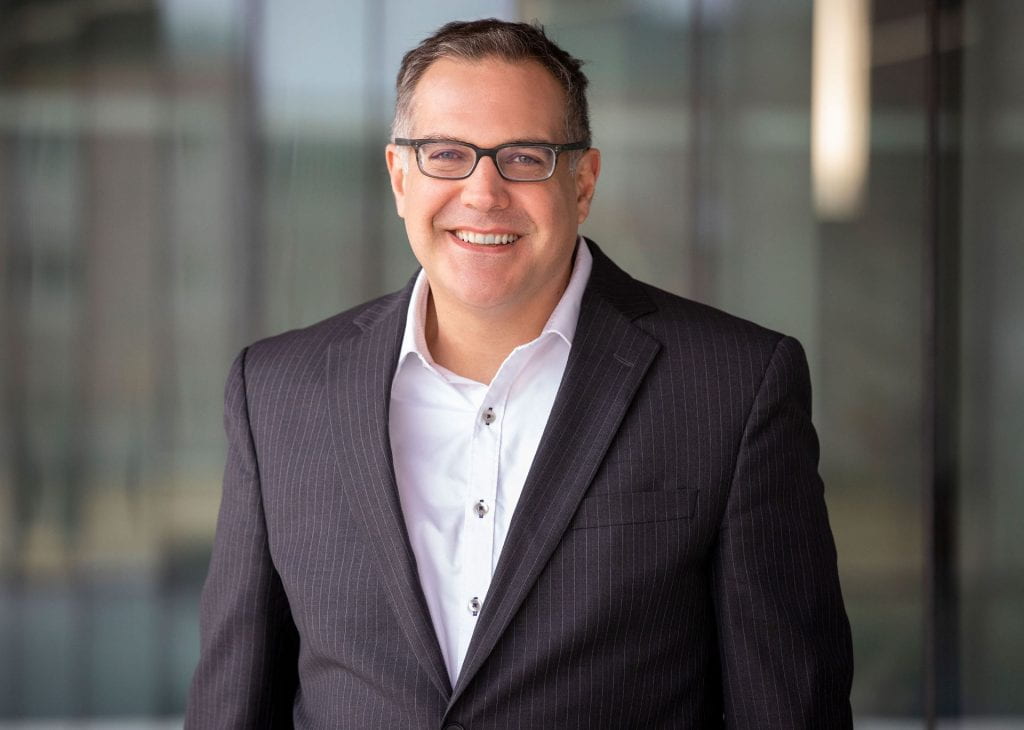Are you working on an innovation you think should be spun out into a startup? What resources are available to help? How can you become involved in the innovation ecosystem in St. Louis?
Join us for “OTM Office Hours”, a program series from the Washington University Office of Technology Management covering the latest topics in tech transfer and innovation.
This Office Hours seminar will include a panel discussion on medical devices exploring the translation of idea to clinical prototype and into the clinic. OTM’s own Greg Markiewicz will moderate a panel with years of medical device experience that will touch on the challenges of medical device research, development and investment.
OTM welcomes three outstanding speakers from our ecosystem, including two WashU startup founders:

Kristina Schmelter
Kristina Schmelter is a Principal at Cultivation Capital focusing on life sciences and healthcare innovation investments. Her prior work experience includes working as a Product Manager for a high-growth digital health startup. Kristina is a former Venture for America Fellow and is a graduate of Washington University in St. Louis where she majored in Entrepreneurship and Finance.
Jennifer Silva, MD

Jennifer Silva is Director of Pediatric Electrophysiology and a Professor of Pediatrics and Biomedical Engineering at Washington University School of Medicine/St. Louis Children’s Hospital, and serves as the Faculty Fellow in Entrepreneurship for Washington University SOM. She serves on committees within the Heart Rhythm Society (leadership roles in Women in Electrophysiology, Growth and Leadership Opportunity for Women in Electrophysiology, HRX, Membership Committee), Pediatric and Congenital Electrophysiology Society (Vice President of Finance, incoming President), American College of Cardiology (with leadership roles on the Innovation Council, Industry Advisory Forum, Applied Health and Innovation Council) and serves on the NIH-SBIR study section for Cardiovascular Innovation. She is a Senior Member of the National Academy of Inventors and serves on the Editorial Boards of numerous journals including Circulation: Arrhythmia and Electrophysiology, Heart Rhythm O2, and Cardiovascular Digital Health journals.
The scope of her research has been in innovation and emerging technologies, focusing on developing and identifying clinical applications of new and emerging technologies within cardiac electrophysiology, particularly in the scope of wearable and advanced wearable technologies, including the extended realities, digital health and artificial intelligence.
Jennifer is the co-inventor and co-founder of SentiAR, Inc, a venture-backed medical device spinout from Washington University which is developing the first mixed reality platform to display intraprocedural 3-dimensional holographic visualization of a patient’s cardiac anatomy with real time catheter locations, achieving FDA clearance in 2019 and 2023. In 2018, the company received a NIH-SBIR award for $2.2M and raised over $8M in venture funding closing a Series B raise in 2022. Most recently, she has co-founded a second company, Excera, Inc. which aims to improve outcomes for ultrasound-guided minimally invasive procedures. She has worked with several companies including device companies (such as AliveCor, St Jude Medical/Abbott, Medtronic and Biosense Webster) and pharma (such as Janssen and AltaThera) regarding development and implementation of novel technologies targeted to unmet clinical needs, clinical evidence generation and development and execution of regulatory pathways.
Jonathan Silva, PhD

Professor Jonathan Silva joined the Department of Biomedical Engineering at Washington University in St. Louis in July 2012 after receiving the Burroughs Wellcome Fund Career Award at the Scientific Interface (CASI). Professor Silva’s laboratory focuses on applying engineering approaches to developing better antiarrhythmic therapies. His group has developed software to provide a holographic display to physicians who perform catheter ablations for arrhythmia. This software was recently tested in humans, and the results showed that physician accuracy was significantly improved with the display. A company that he co-founded, SentiAR Inc, is commercializing the technology.
